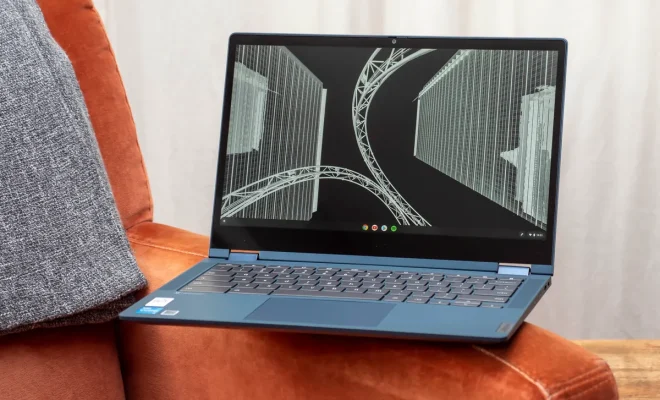The Evolution and Impact of Verizon Communications

Introduction
Verizon Communications, an American multinational telecommunications company, has grown to become one of the key players in the industry since its inception in 2000. With a broad range of services that encompass wireless communications, internet, and television, Verizon has created a strong impact on the global technology landscape. In this article, we will explore the history and evolution of Verizon Communications and analyze the significant role it plays in our interconnected world.
Early Beginnings
Verizon Communications can trace its roots back to two legacy companies: Bell Atlantic Corp. and GTE Corp. Previously part of AT&T’s Bell System prior to its breakup in 1984, Bell Atlantic rebranded as Verizon after merging with GTE in 2000. Following the merger, Verizon acquired several other telecom businesses to expand its services, solidifying itself as a dominant force within the industry.
Growth and Expansion
Over the past two decades, Verizon Communications has grown in leaps and bounds through a series of strategic acquisitions, partnerships, and investments. Among its most noticeable acquisitions was MCI Inc. in 2006, which added global networking capabilities to its portfolio. Another significant acquisition was that of Alltel Corp. in 2008, which made Verizon Wireless the largest wireless carrier in the United States.
In recent years, Verizon has also taken notable strides towards strengthening its position in fields such as media and technology. The company acquired AOL Inc., a leader in digital content and advertising platforms in 2015, followed by Yahoo! Inc.’s core assets in 2017. To capitalize on the value generated by these acquisitions, both AOL and Yahoo were integrated into a single subsidiary branded as “Oath,” now known as “Verizon Media.”
Technological Advancements
Verizon’s relentless pursuit of technological innovation has been instrumental to their continued success over the years, including the advancement of wireless networks. As one of the pioneers of 4G and 5G technology, Verizon has consistently dominated global network speed tests.
Their pioneering status in 5G has been particularly groundbreaking. In October 2018, Verizon launched its first commercial 5G service with “5G Home”, a wireless broadband service available in select areas. Their continued investment and contribution towards 5G development will undoubtedly be instrumental in shaping the digital landscape of the future.
Corporate Social Responsibility
Verizon’s commitment to social responsibility is exemplified by their Citizenship and Sustainability initiatives. Among their core priorities are addressing climate change, enhancing digital access, reducing emissions, and fostering a more sustainable supply chain. Verizon has also taken up cybersecurity initiatives to ensure customer privacy and data protection.
Conclusion
Verizon Communications’ continued growth and dedication to technological advancements have established them as a leader in the telecommunications industry. Through strategic acquisitions and a commitment to innovation, they have adapted their business model to meet the ever-evolving digital landscape, while also prioritizing corporate social responsibility. In an increasingly interconnected world, we can expect that Verizon will continue shaping our digital experiences for years to come.





